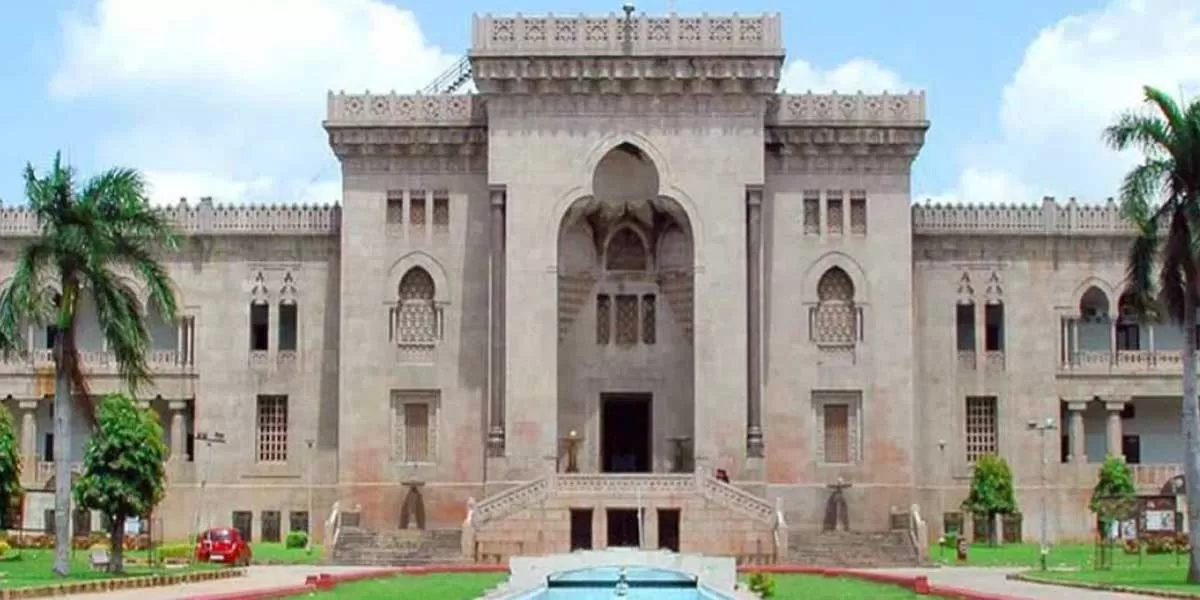Photo: For representational purpose
The COVID-19 pandemic has resulted in an abrupt stoppage of work at construction sites all over India. The lockdown has resulted in unfinished and partially complete work, resulting in the possibility of losses – which can be minimised, if the pending work could be completed. In the initial days, the reaction of labour across cities was to reverse-migrate to the perceived safety of their villages. In keeping with directives from authorities, labour was persuaded to stay back, with basic facilities being provided at their place of work ie the construction sites.
Now, the worry is the damage that incomplete and unfinished work across construction sites will cause, as also time that will be lost. Consider that the monsoon sets in a couple of months, with obvious impact – not to mention home seekers staring at a long delay in getting their homes.
Given this situation, the option of allowing construction sites to return to activity, obviously with safety measures being strictly implemented, is one that needs to be considered by the authorities, says Dr Niranjan Hiranandani, Co-Founder and Managing Director, Hiranandani Group, and President, ASSOCHAM and NAREDCO. “The human resource is largely still at construction sites, and instead of keeping them in a ‘lockdown’ situation, giving them some activity will also keep them occupied – as also help avoid major economic losses as a result of stoppage of work at sites,” he adds.
Stay tuned for an exclusive video interview hosted by CONSTRUCTION WORLD with Dr Hiranandani, to delve deeper into the outcome of the COVID-19 crisis on the real estate and building industry and how the industry is coping in the current scenario. Click here to register.
Even in a situation where there is no work happening at the sites, all precautionary measures such as usage of masks, regular hand washing, ensuring minimum space between persons on lines of ‘social distancing’ norms etc, are being followed. It will be a positive step if work which is urgent to prevent damage is allowed in the initial stage, and if things work out well, we can consider allowing normal construction work too, Dr Hiranandani adds.
The economic aspect does not need to be emphasised: real estate and construction support 250-plus industries. If work at real estate sites is allowed to resume with due safety precautions being followed, the economic impact will also be positive.
What also needs to be factored in is the urgent need of completion and maintenance of facilities at real estate projects, like rain water harvesting pits and storm water drains, completion of which will need to be done before the monsoon sets in. Excavations started for basements as also foundation piling needs to be completed and covered, else the rainwater will collect in the same, and we will face bigger challenges as the monsoon progresses. It is in keeping with these ground realities that allowing the site labour to complete these tasks will ensure urban habitat does not collapse in the aftermath of the monsoon.
As India grapples with the lockdown in an attempt to prevent the COVID-19 pandemic from going out of control, there is a realisation that a total closing down of activities will cripple the nation. Just as emergency services remain functional, there are segments of the economy where ensuring safety through precautions means economic activity can continue. Obviously, with due care as regards to safety and security precautions, keeping the risk and worry factor in mind.
For example, agriculture is important not just as an economic activity, India will need to feed its citizens in months to come. For this, work needs to resume in the fields at present. In keeping with this, we have seen the move to allow agricultural labour to return to work in the fields, so long as they maintain safety precautions like compulsory use of masks and washing of hands at regular intervals. Agriculture is the largest provider of employment in the Indian economy, real estate follows as the second largest.
Given a situation where safety protocols and procedures are followed, as also the urgent need to complete pending work to avoid larger damage, there is every reason to consider allowing site labour to complete on-going tasks.

















